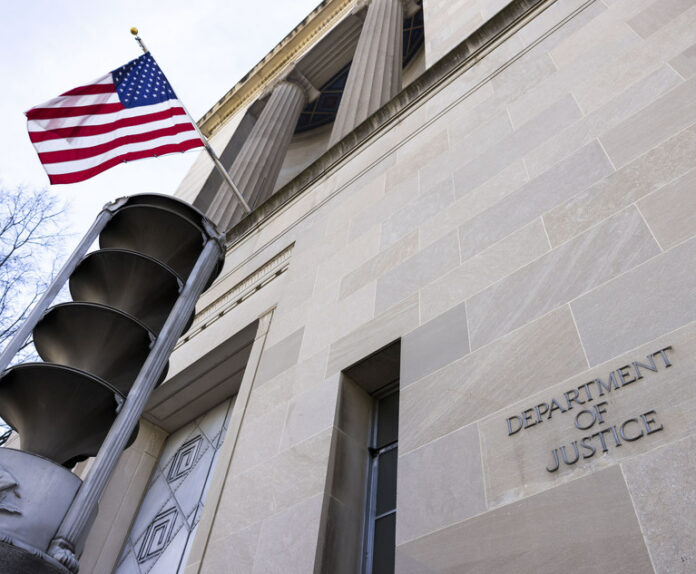
Almost three-quarters of U.S. employers are signaling alarm over the potential repercussions of enforcement actions by the U.S. Department of Labor (DOL) and the National Labor Relations Board (NLRB) on their operations, a fresh survey by Littler Mendelson PC reveals. The 2024 Annual Employer Survey Report, which collated insights from 402 in-house lawyers, business executives, and human resources professionals in February and March, indicates a significant uptick in concern, with 73% anticipating moderate to significant impacts from the NLRB’s enforcement efforts over the next 12 months—jumping from just 43% in 2022.
Gov’t Enforcement Concerns Employers, Littler Report Finds: DOL and NLRB’s Enforcement Stance Rattles Employers
The DOL’s Wage and Hour Division’s enforcement activities have similarly stirred considerable worry, with 79% of respondents bracing for a moderate to significant impact. Michael J. Lotito, co-chair of Littler’s Workplace Policy Institute, emphasized to Law360 that the apprehension stems from DOL investigators pushing for settlements aggressively and NLRB General Counsel Jennifer A. Abruzzo’s proactive stance on reshaping labor laws. He highlighted, “The investigators have so much discretion, and they are very highly empowered to push the envelope.”
Notable Decisions Raise Concerns
The survey spotlighted recent NLRB decisions that have caused unrest among employers, such as the 2023 Cemex decision affecting union-organizing rules and the Stericycle ruling, which introduced a stricter test on workplace regulations. These decisions underscore the broadening influence of the National Labor Relations Act, particularly in non-union sectors, to safeguard concerted activities and organizing efforts.
Gov’t Enforcement Concerns Employers, Littler Report Finds: State and Local Regulations Also a Factor
Employers also noted an increased impact from state and local regulatory bodies, with 79% expressing concern over potential influences in 2024. Lotito pointed to significant legislative actions in states with Democratic control of the senate, house, and governor’s office—termed “triple D” states. These states are known for progressive labor law approaches and heightened union activity, shaping a complex regulatory environment for businesses.
Gov’t Enforcement Concerns Employers, Littler Report Finds: Geographic Considerations and Corporate Strategies
“Geography is playing a bigger and bigger role in company decisions,” Lotito stated, affecting where companies place and expand their facilities or scale them down. This geographical strategy is becoming pivotal as companies navigate the varied regulatory landscapes across the U.S.
Focus on Pay Equity and Transparency
Furthermore, the Littler survey highlighted a robust focus on pay equity issues, with 93% of employers taking steps towards enhancing pay equity and transparency. Denise Visconti, a shareholder and pay equity expert at Littler, noted the surprising finding that only 42% of employers have increased wage transparency, despite widespread legislation requiring pay ranges in job postings. Remote work complexities add another layer to the challenges of complying with pay transparency laws, especially when determining the applicable jurisdiction for job postings.
Upcoming Legal Decisions and AI Usage
The business community is also keenly watching a U.S. Supreme Court decision that could impact the Chevron doctrine, which influences how courts defer to federal agencies’ interpretations of ambiguous laws. Moreover, the survey uncovered a balanced perspective on artificial intelligence (AI), with half of the employers utilizing AI in HR functions, while the DOL warns of potential legal pitfalls without proper human oversight.
Political Polarization and Workplace Management
As political polarization intensifies, with a potential Biden-Trump rematch looming, 87% of employers are concerned about managing politically divided workforces. The NLRB’s broadened interpretation of “protected concerted activity” under the National Labor Relations Act is compelling employers to navigate these divisive waters cautiously.


